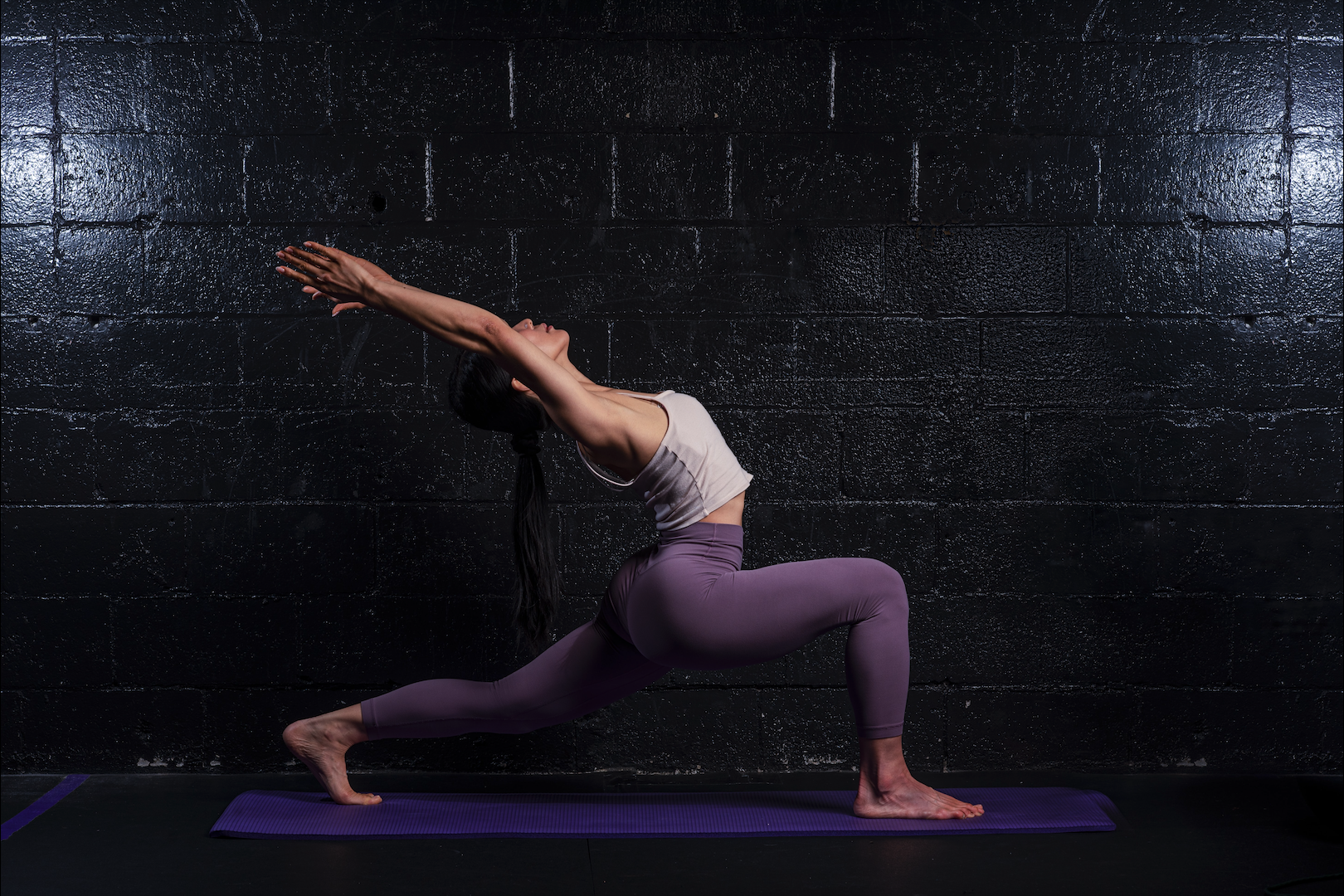8 Safe Exercises For Expecting Mothers

Contrary to popular belief, exercising when pregnant is a safe activity (when done correctly) and can do wonders for the well-being of you and your baby.
If you’re an expecting mother that has always had an active lifestyle, it might be difficult to go from exercising every day, to limiting your heart-pumping activities. The good news is, staying active and exercising when pregnant is, in fact, strongly encouraged.
Benefits of exercising when pregnant
Exercising during your pregnancy comes with plenty of benefits that have a positive impact on the well-being of both mother and baby.
These benefits include improved blood circulation, a happier mood, as well as potentially lowering the risk of developing gestational diabetes or complications like preeclampsia. It could also reduce excessive weight gain, and make it easier for you to transition back to your pre-pregnancy workout days, postpartum [1,2].
The positive impact exercising has on your mental health cannot be understated. Exercising releases endorphins, which can help to reduce stress and leave you feeling euphoric. Happy mother, happy baby!
However, that’s not to say that you can carry on with all the same exercises, weights and activities you’ve been enjoying pre-pregnancy. After all, you are carrying a growing baby that will only get heavier with time.
Here are some of the safe exercises that expecting mothers can do.
8 Safe exercises for expecting mothers
1. Yoga
Can’t take the yogi out of you? Fret not, you can still practice yoga even when expecting.
Yoga is known to help with relaxation and reducing stress, while also improving strength, flexibility and relieving back pain. Having said that, expecting mothers should avoid hot yoga and opt for prenatal yoga instead.
Made specially for the to-be mothers out there, prenatal yoga classes are designed to encourage stretching, while also increasing the strength and endurance of muscles needed for childbirth. Another plus: you get to meet other pregnant mothers like yourself!
2. Swimming
Swimming can be done throughout your pregnancy, and it is also an exercise that can be very comfortable even during your final trimester.
When in the water, you naturally feel lighter due to the buoyant force of water. This can help to relieve pressure off your strained back and help with swollen ankles. A low impact exercise that is good for your joints, swimming helps to promote blood circulation and endurance.
However, you should avoid strokes that involve strong twisting motions that could strain your abdominal muscles — in other words, don’t overexert yourself. Hot tubs and saunas are also a big no-no, as it raises your body temperature and could cause birth defects and other health issues [3].
3. Stationary cycling
Bring up your heart rate with cycling.
Cycling not only gives your legs a good workout, but also engages your back and shoulder muscles. However, to avoid the risk of falling from your bike, you should instead consider stationary cycling — either on an exercise bike, or putting your bicycle on a trainer stand.
As your body changes during pregnancy, you might also have to adjust or replace your saddle accordingly. Keep in mind that your belly might get in the way during your third trimester!
4. Pilates
Pilates is a full-body exercise that focuses on your breath.
You can choose to attend prenatal pilates classes that are specifically for pregnant women, with certain poses that are unsafe for pregnant women excluded. This includes exercises that require you to lie on your belly or flat on your back after the first trimester.
5. Strength training
Strength training with weights can help to condition and strengthen your muscles.
If you love hitting the gym, you can continue to do so. Just be sure to reduce your weights based on your doctor’s advice, or simply use a resistance band instead. You should also avoid lifting weights while lying on your back after your first trimester.
6. High-Intensity Interval Training (HIIT)
Get your cardio fix! Like its name suggests, HIIT involves exercises done at high-intensity, in intervals, with short breaks in between.
You can still do HIIT exercises when pregnant, especially during your first trimester. However, you will need to exclude exercises that involve jumping, jarring motions, quick changes in direction, as well as exercises with twisting motions such as crunches and sit-ups.
That might sound like a long list, but don’t let those restrictions get you down. You can still enjoy class by performing variations, just ask your trainer for help!
7. Running
One of the most convenient forms of exercise, all that’s required is a comfortable pair of shoes, and out the door you go.
Running when pregnant can feel different as your body undergoes changes. Listen to your body and slow down to ensure that you don’t push yourself too hard. Watch out for your breathing and if it gets too laboured, slow your running down to jogging pace, or even brisk walking pace.
You should also try to run when the weather is cool, or run in the shade to avoid overheating.
As you progress further into your pregnancy, it is inevitable that you might not be able to run as fast or far as you used to.
8. Brisk walking
Arguably, this might be seen as a ‘lame’ exercise for the fitter ones among us.
However, in your third trimester, strenuous activities such as HIIT with a near 3kg weight in your belly will prove to be incredibly challenging. That’s when brisk walking becomes the most feasible exercise option as it gives your cardiovascular system a workout, burning calories while keeping your back muscles active and strong.
How much exercise should you be doing?
A total of 150 minutes of exercise per week is recommended. This means 30 minutes of physical activity, five days a week [1].
While exercising is good for your physical and mental well-being, be careful not to push yourself over the limit. If you’re in your third trimester, you can still carry on exercising, though you should take extra care not to overexert [4].
Tips to exercising safely when pregnant
The most important thing to do before exercising, is to get clearance from your doctor as they would know your current situation best and can advise on the types of exercises that best suits you. Ensure that your doctor is aware of your exercise plans, and heed their advice in terms of how much exercise is encouraged [2].
Now that exercising safely is not just about your own safety, but also that of your child, you should take extra precautions before and during your workout.
All contact sports should be avoided, as well as exercises that expose you to risks such as slipping or falling that could result in abdominal trauma. Sports like diving, heavy weightlifting, racket sports and skipping are also discouraged [5].
As your tummy continues to grow, you could also consider wearing supportive clothing such as a pregnancy belly band that can help to provide additional support for your abdomen and lower back.
Finally, normal safety tips for exercising also apply, such as drinking plenty of water before your workout, having sufficient rest and stopping your exercise when you feel any discomfort [6].
Conclusion
Regardless of where you are in your pregnancy journey, there are exercises that you can do. When in doubt, always reach out to your doctor and listen to the cues from your own body.
If you’re just starting on your baby-making adventure, one thing you can consider doing at this stage is to get a hormone test. With the twoplus Hormone Test, you can determine your fertility health in a quick prick, from the comfort of your home. This includes receiving a personalised report and an analysis from a twoplus™ fertility physician.
Keeping track of your hormones can help to kick start conversations with your partner or doctor, while giving you peace of mind that you’ve got a clean bill of reproductive health!


